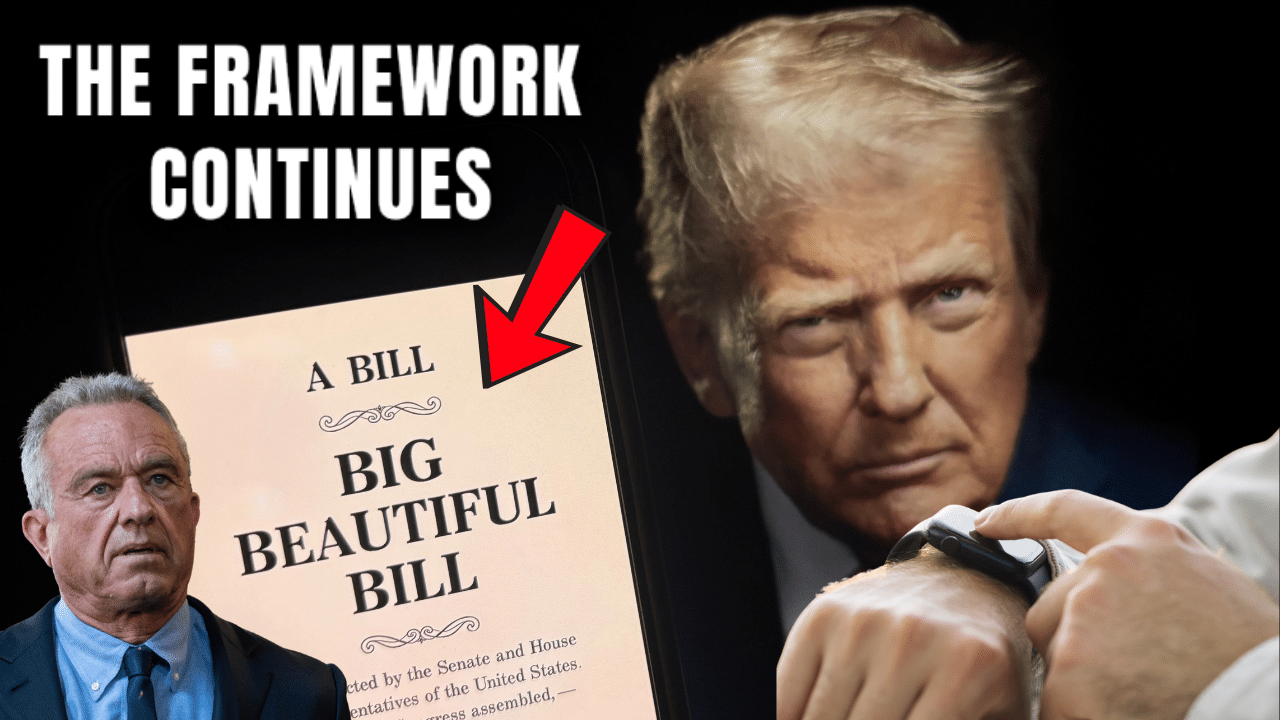The Trump administration has authorized a significant arms sale to Israel, valued at nearly $3 billion, bypassing the standard congressional review process.
This decision, reported widely across major news outlets, underscores the administration’s prioritization of military support for Israel amid its ongoing conflict with Hamas.
According to a CBS News report, the deal was expedited by declaring the war against Hamas an “emergency,” which allows the administration to circumvent typical legislative oversight.
The State Department detailed that the package includes additional 2,000-pound bombs, weaponry Israel has previously deployed in Gaza.
This type of munition has been noted for its devastating impact in densely populated areas, raising concerns among some observers about the humanitarian implications.
Today.com also covered the development, noting that the approval came on Friday, February 28, 2025, with the announcement following shortly after on March 1.
The outlet emphasized the administration’s justification, pointing to the urgency of the situation in the Middle East as the basis for sidestepping Congress.
The decision aligns with a broader pattern of robust U.S. support for Israel under President Trump’s leadership, a stance that has historically drawn both praise and criticism.
The arms sale has sparked varied reactions. Supporters argue it reinforces a key alliance in a volatile region, ensuring Israel’s ability to defend itself against threats like Hamas.
Critics, however, question the bypassing of Congress and the potential escalation of violence enabled by such heavy weaponry.
Posts on X reflect this divide, with some users applauding the move as a sign of strength, while others express skepticism about the administration’s motives and the lack of legislative input.
This latest arms deal builds on a long-standing U.S.-Israeli military partnership, and the Trump administration continues to prioritize rapid support.
As reported by multiple sources, including CBS News, the inclusion of 2,000-pound bombs ties directly to Israel’s recent operations in Gaza, suggesting a continuity in tactical approach.
While not unprecedented, the emergency declaration highlights the administration’s willingness to act unilaterally on foreign policy matters—a point likely to fuel ongoing debates in Washington and beyond.
The State Department has not released further details on the timeline for delivery or additional components of the package.
However, with the announcement made on March 1, 2025, the move marks a significant moment in the administration’s early foreign policy actions for the year, setting the stage for further scrutiny and discussion in the weeks ahead.










